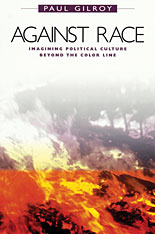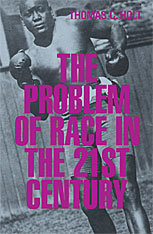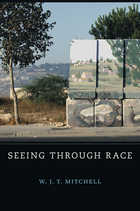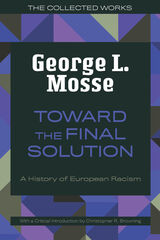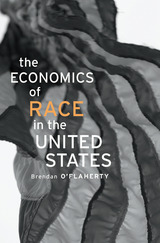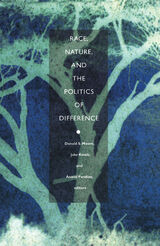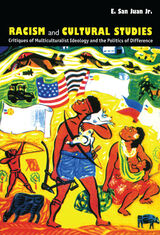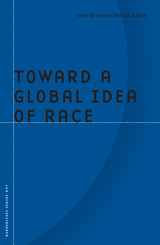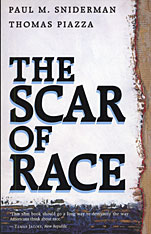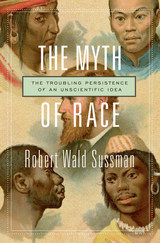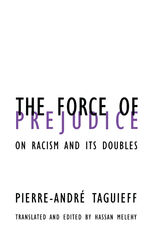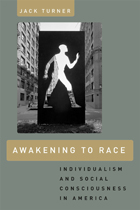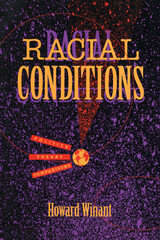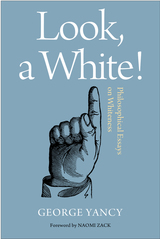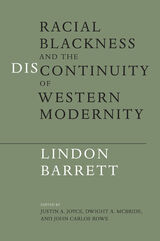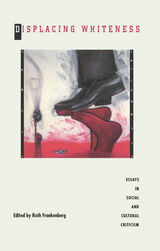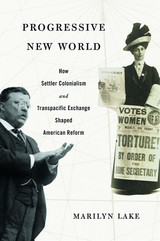Cloth: 978-0-674-74565-0 | Paper: 978-0-674-74566-7
Library of Congress Classification HT1521.S72 1985
Dewey Decimal Classification 305.8
This book presents a compact, up-to-date survey of the main facts and ideas about racial conflict in the modern world. John Stone discusses the ongoing argument over the biology of race, the various aspects of the I.Q. controversy, the rise and relevance of sociobiology, and the claims of Marxist, plural-society, and modernization theories. Drawing on examples of racial and ethnic conflict throughout the world, from South African apartheid to the New World's “melting pot,” he shows how ethnic diversity affects social structure on all levels—family, education, housing, employment, government, industry.
Stone includes an illuminating analysis of policy issues such as affirmative action and busing, and an assessment of separatist, pluralist, and assimilationist strategies. He demonstrates that such strategies rarely provide simple and universal solutions to the problems of intergroup tensions. Yet, he argues, there can be no racial harmony without racial justice, and no justice until all groups have won an equal share in the social, political, and economic resources of society. The need to reconcile policies on integration with demands for cultural difference is one of the great challenges facing governments today. In an era in which genocide has been conceived as the “final solution” to the problem, this is an extremely important book.
See other books on: Contemporary Society | Ethnic relations | Power (Social sciences) | Racial Conflict | Stone, John
See other titles from Harvard University Press

